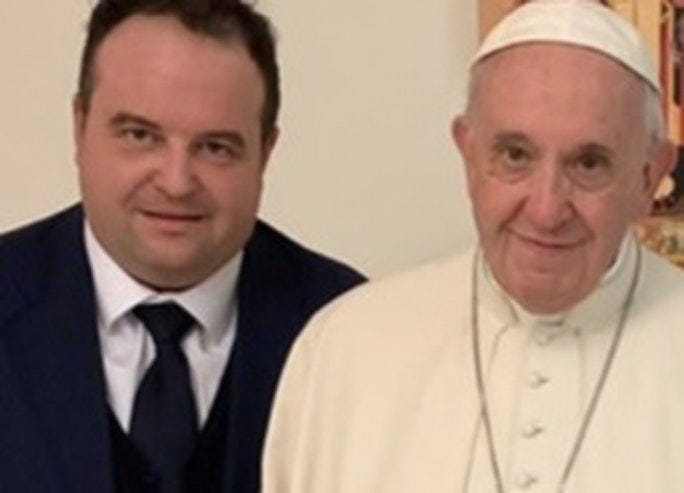Vatican City State prosecutors have not yet said when they plan to take any of the figures in their sprawling Vatican financial investigation to an actual criminal trial. But eventually they’ll draft somebody to the Big Courtroom Dance.
So to get ready, The Pillar brings you the Vatican Finance Scand…

